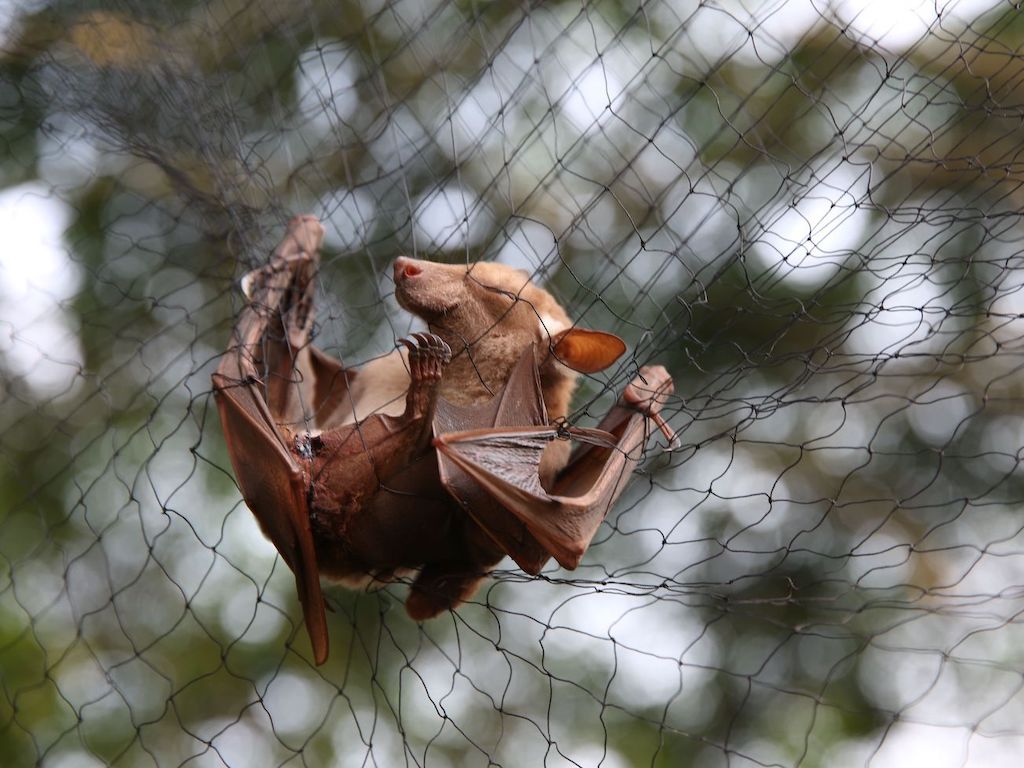2 Mins Read
There will be even deadlier diseases in the future unless we halt the rampant destruction of nature, which is the root cause of pandemics, warn the world’s leading wildlife and biodiversity scientists. According to the group of experts, humans are the only species responsible for the coronavirus, and that the combination of global air travel, unsustainable urbanisation and industrial livestock farming has created a “perfect storm” for haunting diseases.
In a damning new article published on Monday (April 27), the world’s top wildlife experts and scientists said that there is only one “single species” responsible for Covid-19 – humans.
“Recent pandemics are a direct consequence of human activity, particularly our global financial and economic systems that prize economic growth at any cost. We have a small window of opportunity, in overcoming the challenges of the current crisis, to avoid sowing the seeds of future ones.”
These warnings come from Professors Josef Settele, Sandra Díaz and Eduardo Brondizio who led the most comprehensive environmental health check undertaken in 2019, which was published in IPBES, the world’s intergovernmental scientific policy platform.
Together with Dr Peter Daszak, who is now preparing the upcoming IPBES report, the scientists said that the combination of “rampant deforestation, uncontrolled expansion of agriculture, intensive farming, mining and infrastructure development, as well as the exploitation of wild species have created a ‘perfect storm’ for the spillover of diseases.”
Our anthropogenic activities have brought more people into contact with animals – and 70% of all emerging human diseases originate from animals. The current Covid-19 pandemic has brought “untold human suffering and [halted] economies and societies around the world,” but it “may only be the beginning”.
The experts cautioned that while trillion-dollar packages now being implemented are necessary measures, they cannot come at the cost of failing to enforce environmental protection. “It may be politically expedient to relax environmental standards and to prop up industries such intensive agriculture, airlines and fossil fuel-dependent energy sectors, but doing so without requiring urgent and fundamental change essentially subsidises the emergency of future pandemics,” they warned.
These calls have been echoed by a number of other figures, including the United Nations secretary general António Guterres, who said in a statement last week that governments must use this window of opportunity to “build back better” and create a more sustainable system.
Given these warnings, it is likely that future pandemics will happen more frequently, rapidly and have even deadlier impacts if more governments follow the actions of the Trump administration in the United States, which has recently suspended all rule enforcement of the Environmental Protection Agency (EPA) indefinitely.
Because every system, industry and sector is interconnected, governments must take a global “One Health” approach, according to the scientists. “The health of people is intimately connected to the health of wildlife, the health of livestock and the health of the environment. It’s actually one health,” Daszack told the Guardian.
Read our earlier coverage of Covid-19 here.
Lead image courtesy of Steeve Jordan / AFP via Getty Images.




